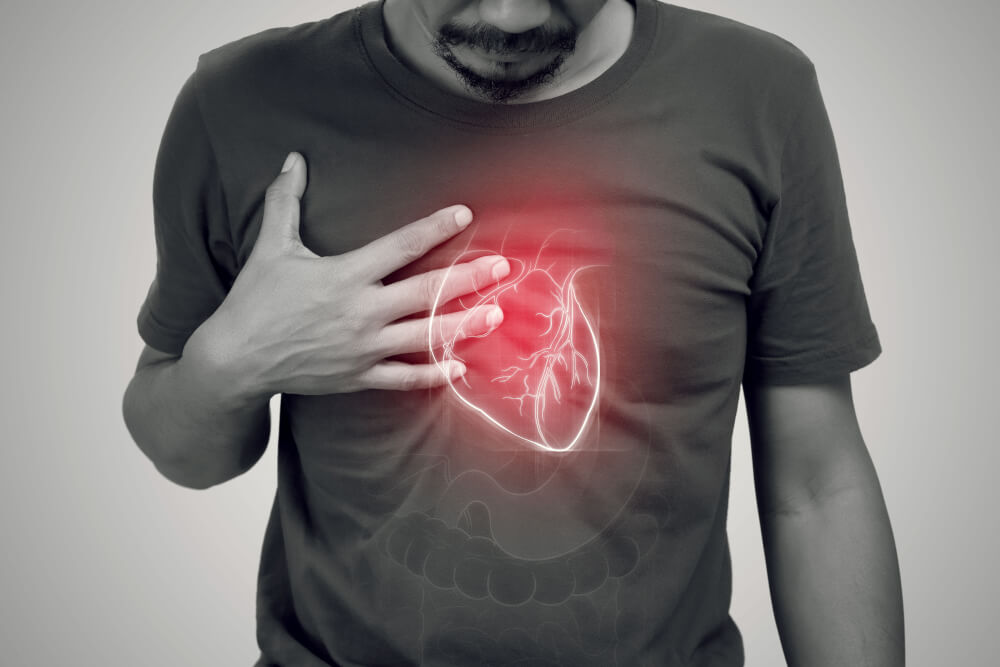Heart disease is one of the leading causes of death worldwide, but early detection can save lives. Recognizing the initial warning signs and seeking timely medical care can prevent serious complications. Consulting a skilled heart surgeon in India can ensure proper diagnosis, treatment, and long-term heart health management.
Common Early Symptoms of Heart Disease
Heart disease can manifest in various ways. The early signs are often subtle, making awareness critical.
1. Chest Discomfort
One of the most common warning signs is chest discomfort or pain. This may feel like pressure, tightness, or a squeezing sensation. It often occurs during physical exertion but can also appear at rest. Persistent or recurring chest discomfort should never be ignored.
2. Shortness of Breath
Feeling breathless during daily activities or even at rest may indicate heart problems. Reduced blood flow or a weakened heart muscle can make breathing difficult. Shortness of breath combined with fatigue can be a strong indicator of an underlying issue.
3. Fatigue and Weakness
Unexplained fatigue or weakness is another early sign of heart disease. If simple activities like climbing stairs or walking short distances leave you unusually tired, it may be a sign that your heart is struggling to pump blood efficiently.
4. Swelling in the Legs, Ankles, or Feet
Fluid retention in the lower extremities can indicate heart failure or poor circulation. Swelling that develops gradually or worsens over time should prompt medical evaluation by a qualified heart surgeon in India or cardiologist.
5. Irregular Heartbeat
A racing, fluttering, or irregular heartbeat (arrhythmia) can be a sign of heart disease. Persistent palpitations or dizziness should not be ignored, especially if accompanied by other symptoms such as chest pain or breathlessness.
6. Persistent Cough or Wheezing
A chronic cough, especially one that produces white or pink blood-tinged mucus, can be related to heart failure. This occurs when fluid builds up in the lungs due to a weak heart.
7. Lightheadedness or Fainting
Frequent dizziness, lightheadedness, or fainting may result from poor blood flow to the brain. These episodes can be warning signs of serious heart conditions and should be evaluated immediately.
When to Seek Medical Help
Early intervention is key to preventing severe heart complications. You should consult a heart surgeon in India if you experience:
- Sudden or severe chest pain
- Shortness of breath that is worsening or occurs at rest
- Fainting, severe dizziness, or irregular heartbeat
- Swelling in legs or feet accompanied by fatigue
- Persistent cough with unusual symptoms
Even if symptoms are mild, it is safer to schedule a medical checkup. Early detection allows doctors to recommend lifestyle changes, medications, or surgical interventions before the condition becomes critical.
Risk Factors to Consider
The risk of heart disease is increased by specific factors, including:
- High blood pressure and cholesterol
- Diabetes
- Obesity and sedentary lifestyle
- Smoking and excessive alcohol consumption
- Family history of heart disease
Patients with these risk factors should remain extra vigilant and consider routine heart screenings.
Prevention and Early Management
While symptoms can signal heart disease, adopting healthy habits can reduce risk and support early recovery:
- Eat a diet high in fruits and vegetables to keep your heart healthy, and whole grains
- Exercise regularly to improve cardiovascular health
- Avoid smoking and limit alcohol intake
- Manage stress through mindfulness or relaxation techniques
- Regularly monitor blood pressure, cholesterol, and blood sugar
Conclusion
Recognizing the early symptoms of heart disease and seeking prompt medical attention can save lives. Consulting a heart surgeon in India at the right time ensures proper diagnosis and treatment, reducing the risk of severe complications. Awareness, preventive care, and timely intervention are the keys to maintaining a healthy heart and improving long-term outcomes.





Comments